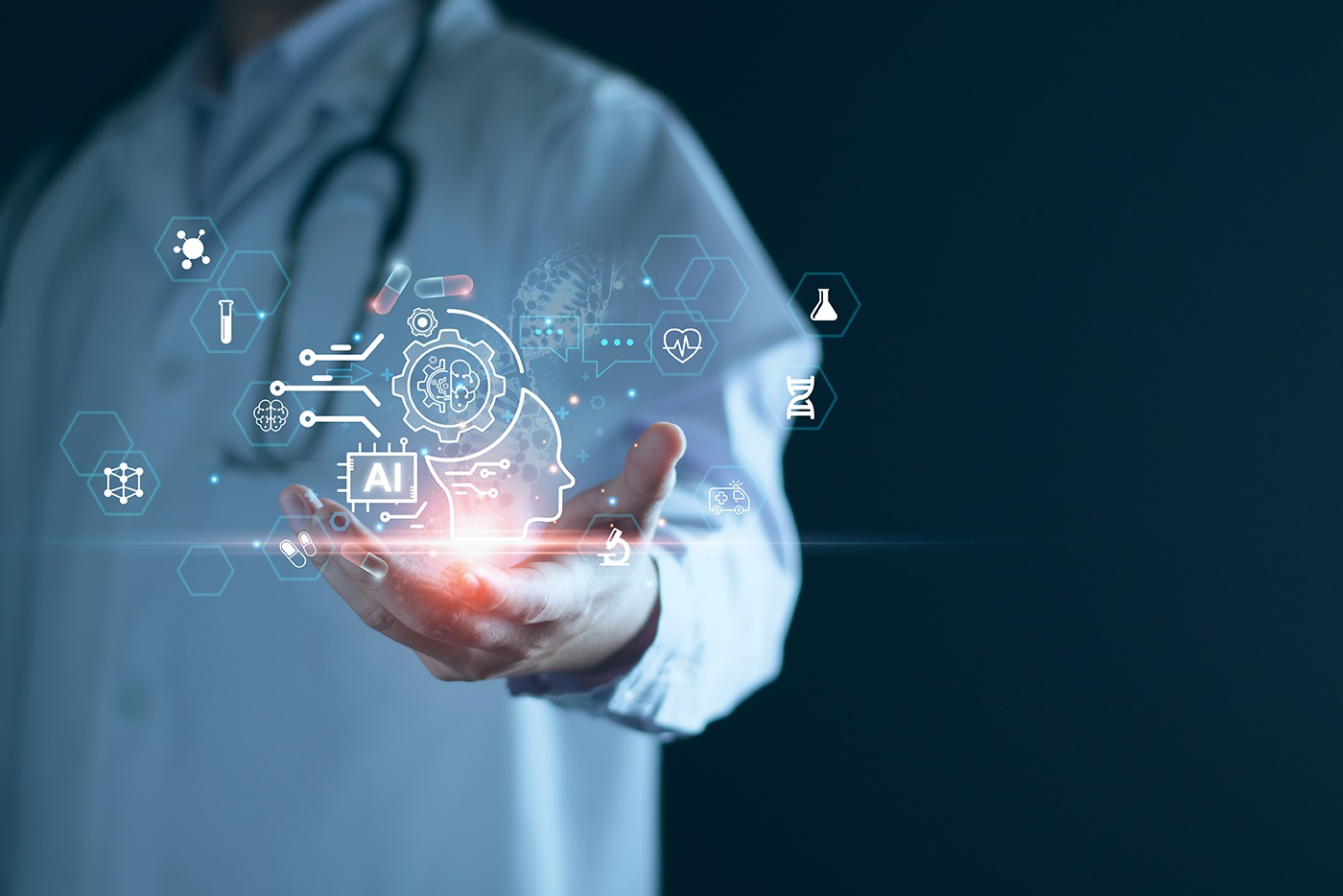In the last decade, health technology has made strides in transforming how healthcare is delivered and experienced. With the interplay of innovative software, hardware, and life sciences, technology is not just an adjunct but a central spine supporting the health ecosystem. From electronic health records (EHRs) to telemedicine, and from wearable devices to robotics, technological advancements are shaping a new era in healthcare. In this comprehensive blog post, we will delve into the various aspects of health technology and its far-reaching implications on patient care and the healthcare industry as a whole.
Table of Contents
Electronic Health Records (EHRs)
Electronic Health Records are digital versions of patients’ paper charts and are a critical aspect of health technology. EHRs are real-time, patient-centered records that make information available instantly and securely to authorized users. Here are some impacts of EHRs:
- Better health care by improving all aspects of patient care, including safety, effectiveness, patient-centeredness, communication, education, timeliness, efficiency, and equity.
- A more efficient and streamlined coding and billing process.
- Enhanced privacy and security of patient data.
- Improved patient and provider interaction and communication, as well as health care convenience.
Telemedicine
Telemedicine leverages telecommunication technology to provide clinical healthcare remotely. It has been a game-changer especially during the recent pandemic. Telemedicine comes with a plethora of benefits:
- Extended access to healthcare, particularly for people in remote or underserved areas.
- Reduced costs and time savings for both patients and providers.
- Minimized risk of transmitting infectious diseases.
- Increased patient engagement owing to the convenience of remote consultations.
Wearable Devices
Wearable health technology is vastly popular for its ability to track and measure bodily functions. The newest wearable devices can monitor heart rate, sleep quality, steps, and even blood sugar levels:
| Device Type | Health Metrics | Typical Use Cases |
|---|---|---|
| Fitness Trackers | Steps, Heart Rate, Sleep Quality | Daily Activity Monitoring |
| Smartwatches | ECG, Blood Oxygen, Fall Detection | Advanced Health Tracking |
| Continuous Glucose Monitors | Blood Sugar Levels | Diabetes Management |
Robotics in Healthcare
Robotics has introduced precision, miniaturization, and less invasive techniques in healthcare. From performing surgeries to aiding physical therapy, robots in healthcare improve patient outcomes while also assisting healthcare professionals with repetitive tasks:
- Robotic surgery allowing for minimally invasive procedures.
- Rehabilitation robots helping patients to recover from physical traumas.
- Service robots performing hospital tasks like delivering medication and sterilizing rooms.
Big Data and Analytics
The advent of big data and analytics in healthcare allows for more informed decision-making and offers insights that were previously difficult or impossible to deduce. Utilization of big data in healthcare includes:
- Predictive analytics to anticipate outbreaks, predict staffing needs, or foresee patient admission rates.
- Personalized medicine and patient care tailored specifically based on individual health data.
- Improved operational efficiency by analyzing patient flow, device usage, and treatment outcomes.
Ethical Considerations
With technology becoming an integral part of healthcare, ethical considerations regarding its use cannot be overlooked:
- Ensuring the privacy and security of patient data.
- Addressing biases in algorithm-based diagnostics and decision-making.
- Ensuring equitable access to health technology across different populations.

Credit: bernardmarr.com
Future Directions in Health Technology
The future of health technology is bright, with continuous research and development paving the way for even more groundbreaking innovations:
- Advances in genomics and gene editing.
- Integration of artificial intelligence and machine learning in diagnostics and patient care.
- Further development in nanotechnology for drug delivery and disease monitoring.
- The rise of smart hospitals equipped with IoT devices and intelligent systems.
Conclusion
Frequently Asked Questions On Health Technology Advances: Revolutionizing Wellness
What Is Health Technology?
Health technology encompasses any method or device designed to improve patient care and enhance the healthcare system, including medical apps, wearable devices, telehealth, and electronic records.
How Does Telemedicine Help Patients?
Telemedicine provides convenient, remote access to healthcare professionals, allowing for faster consultations and reducing unnecessary hospital visits.
What Are Wearable Health Devices?
Wearable health devices are electronic accessories (like smartwatches or fitness trackers) that monitor and record personal health data such as heart rate, sleep patterns, and activity levels.
Can Health Apps Improve Wellness?
Health apps assist users in tracking fitness goals, managing chronic conditions, providing nutrition information, and reinforcing healthy habits thus potentially improving overall wellness.
